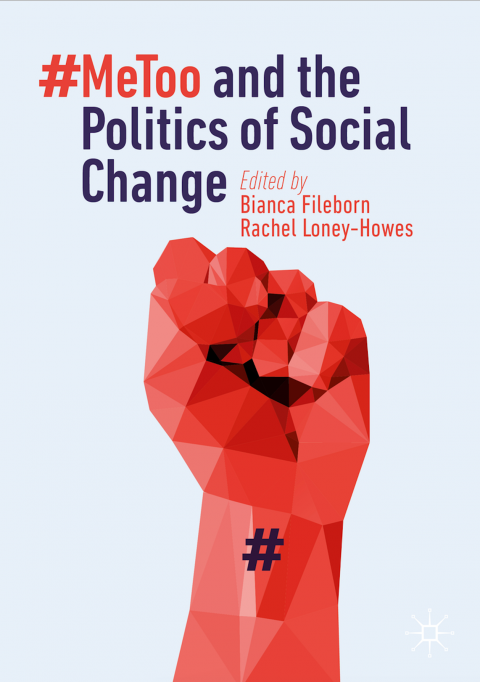
Men’s responses to #MeToo, and other forms of feminist advocacy on rape and sexual harassment, range from enthusiastic support to hostile backlash. There are common forms of resistance among men to these campaigns, including defensive denials that men’s violence is routine, a focus on ‘other’ men, and complaints that #MeToo has ‘gone too far’. And for many men, there is simply mute discomfort. Masculinity is implicated directly in men’s perpetration of rape and sexual harassment, but also in men’s widespread inaction or complicity in the face of men’s violence against women. At the same time, #MeToo has prompted valuable public scrutiny of the narrow and dangerous ideals of masculinity which inform men’s violence.
#MeToo’s call to action among men comprises three key tasks. First, #MeToo asks men to listen to women, in order to recognise men’s violence against women as common, serious, and wrong. Second, #MeToo asks that men reflect on and change their own behaviour and everyday relations with women and other men. Third, #MeToo asks that men contribute to social change, both by challenging other men but also by contributing to wider efforts to shift the systemic gender inequalities that form the foundation of sexual harassment and abuse. For each, this chapter assesses to what extent men have taken up this task, and the common forms of resistance many men show. The chapter thus traces the contours of men’s responses to #MeToo: what we know about how #MeToo has produced change and how it has not.
Click here for the full book chapter in PDF.
Citation: Flood, M. (2019). Men and #MeToo: Mapping men’s responses to anti-violence advocacy. In B. Fileborn and R. Loney-Howes (eds), #MeToo and the Politics of Social Change. Palgrave Macmillan (pp 285-300).
To buy the entire book, see here. I have also provided a summary of some of the chapter in this Powerpoint presentation.